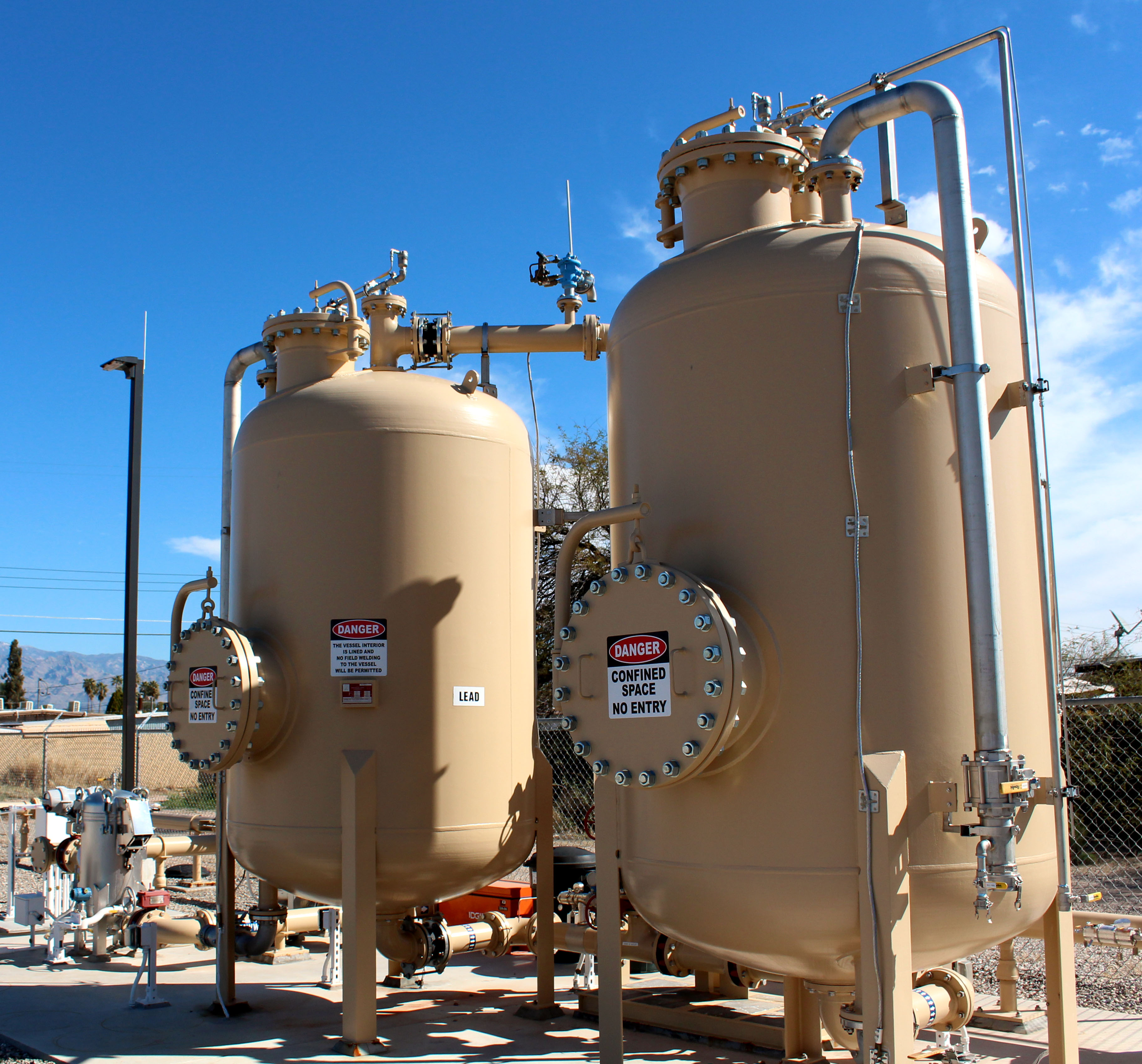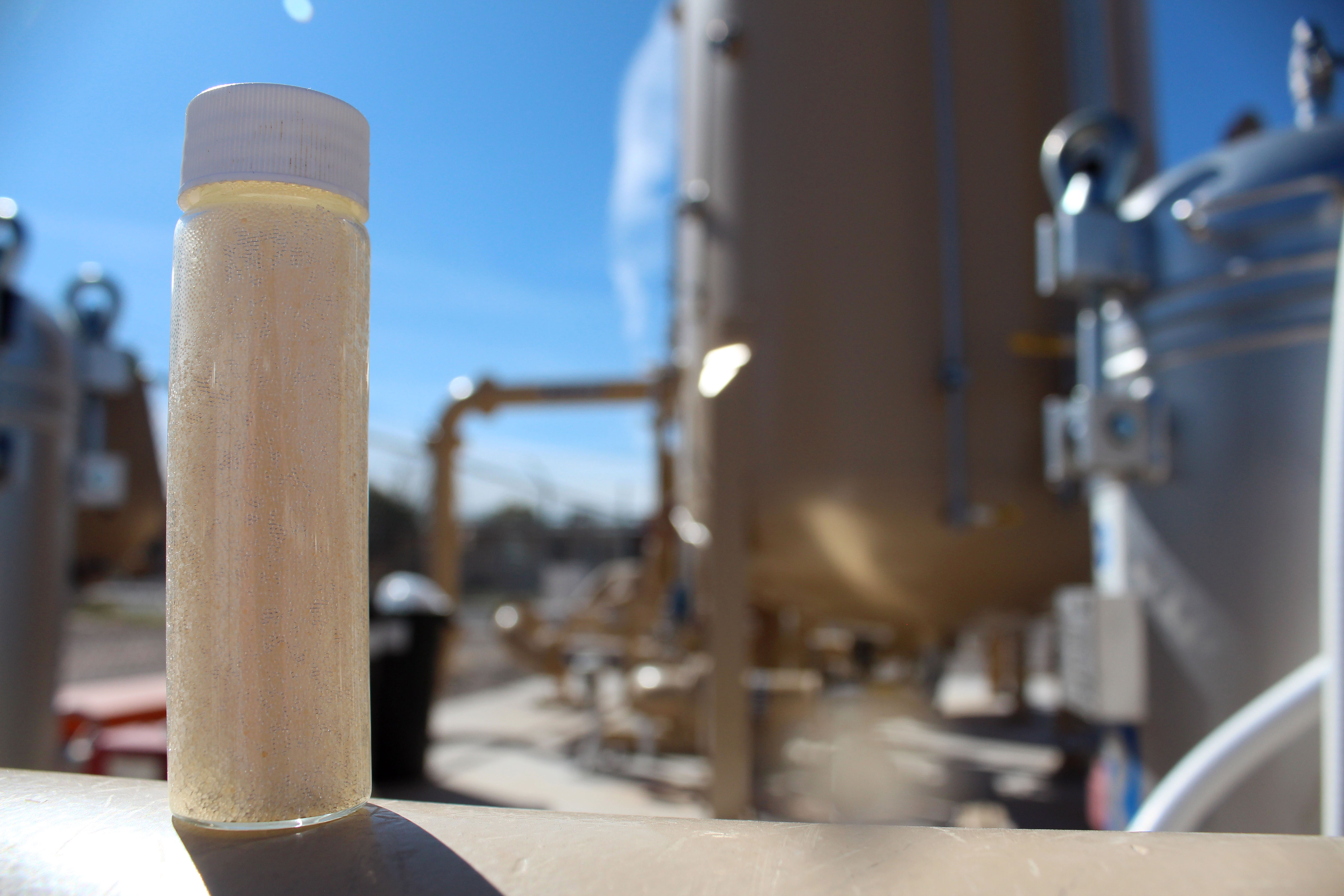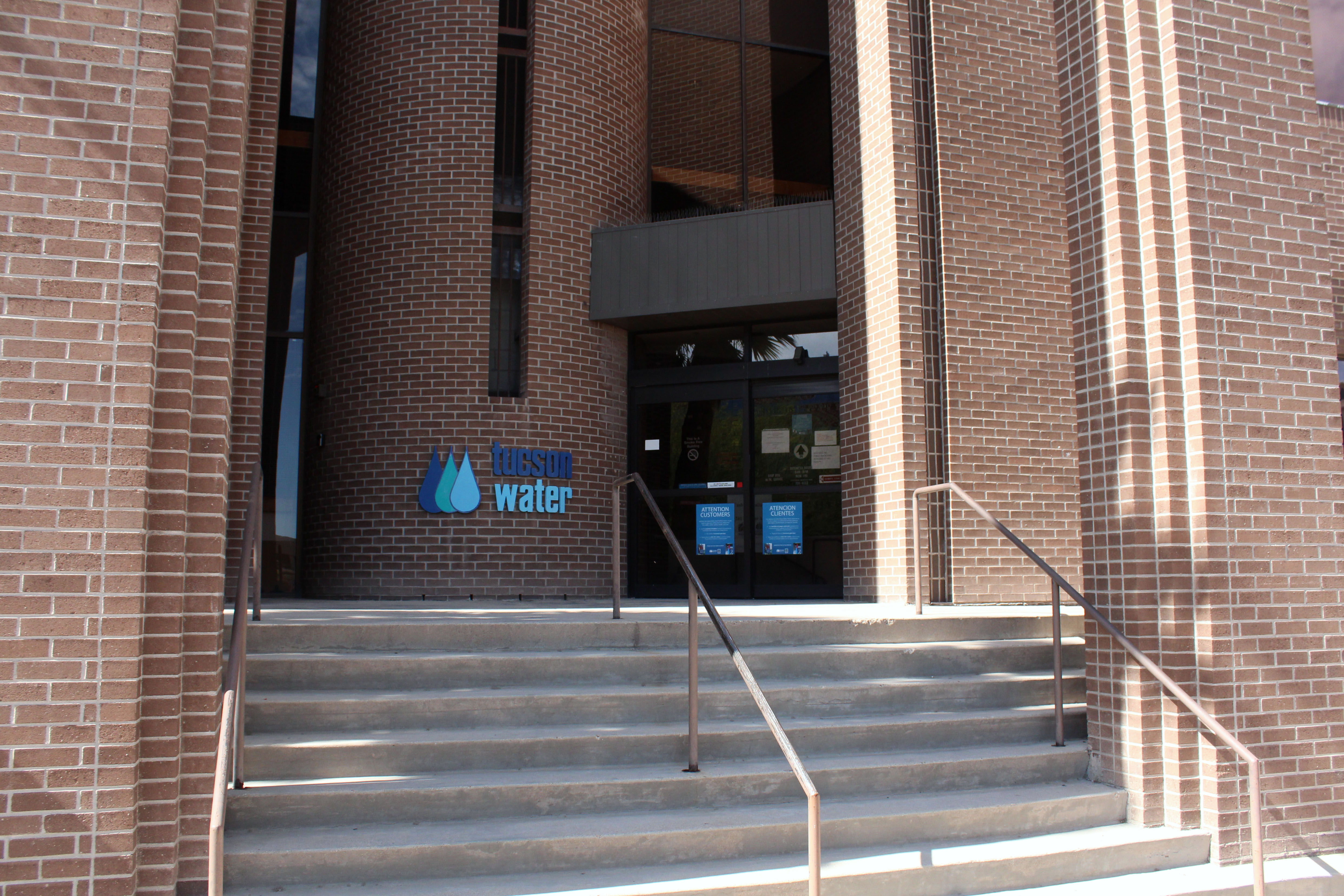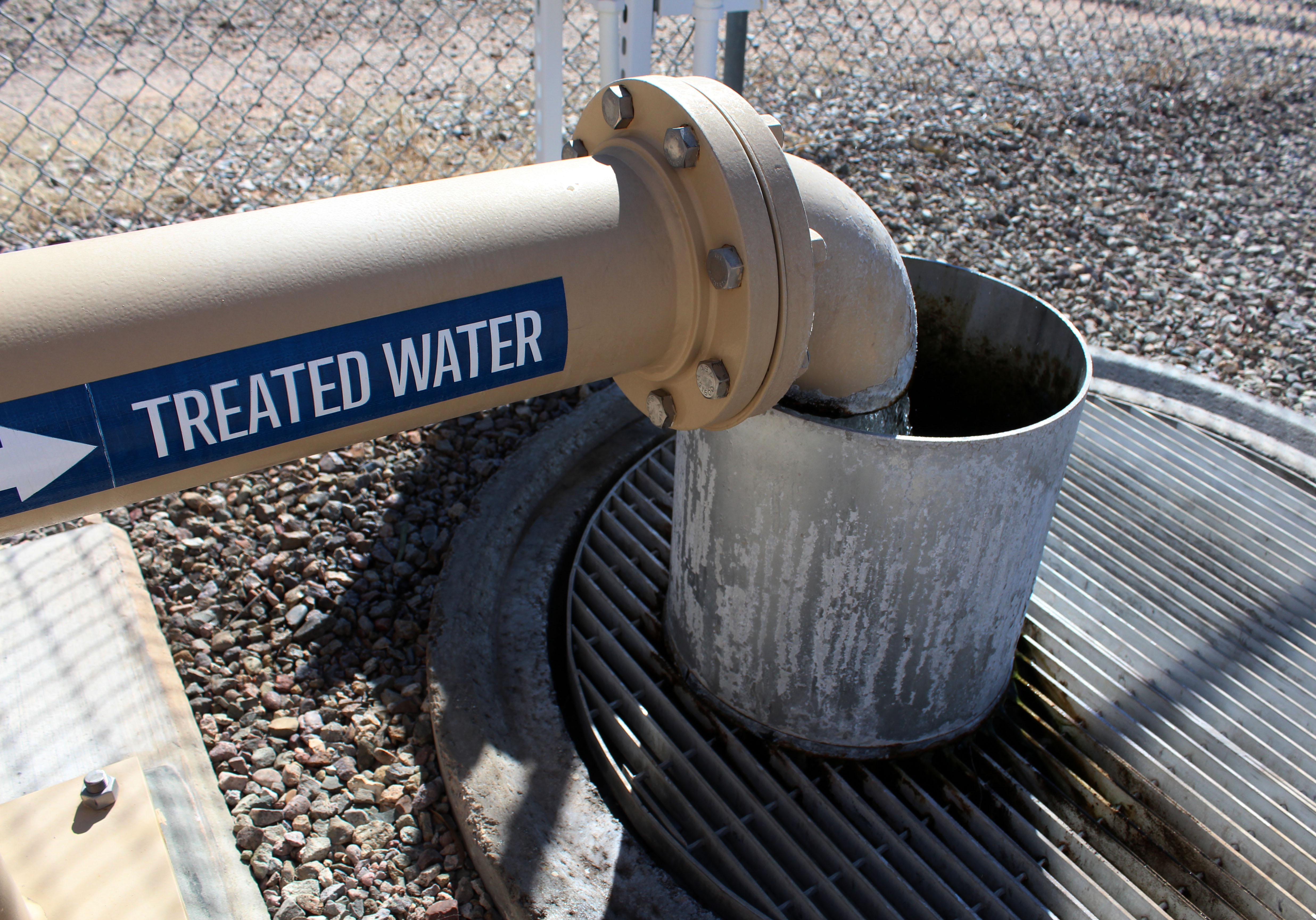PFAS: The Subsurface Contaminators
A Multimedia Master's Project by Jake O'Rourke
Feature Story: Linda Shosie
by Jake O'Rourke
From the early 1990s to 2003, Linda Shosie’s day job involved trimming roses of all colors, decorating vases to match and taking in the smells of pollen and petals at Roses & More. All that would change to bright lights and late nights in emergency rooms as her pregnant daughter Tianna suddenly became ill in 2003, forcing Shosie to leave her job and focus her full attention on her.
“At that time, we just didn't know what was going on,” Shosie said. “She was in the intensive care unit from a reaction that she had when her symptoms became evident. After being in the hospital and ICU for about three months…Her kidneys were failing; a biopsy was done, and it came back that my daughter had lupus and nephrotic syndrome.”
Tianna was forced to deliver the baby early. In 2007, four years after her diagnosis, her symptoms continued to worsen, and she passed away at 19 years old. Her child was later diagnosed with temporary lupus, giving way to a series of heartbreaks as more members of Shosie’s family were either born with birth defects or later diagnosed with lupus, brian cancer, and prostate cancer.
“In the 1980s, I heard about TCE contamination in my community,” Shosie said, referring to trichloroethylene, a toxic solvent that was used from the 1950s through the 1980s to clean greasy and dirty metal parts on aircrafts and missiles at military sites. These chemicals were disposed of in open pits or washed into the ground, contaminating the soil and, ultimately, the groundwater. “When I would hear about TCE contamination in the news, I used to turn my TV off. I didn't want my kids to hear about it because it was scary for all of us. It was a nightmare…I knew that my kids had been born with birth defects. But I was just so ignorant about the problem that I never even imagined to link it to their health…I thought it was me.”
Read full featureAll photos taken by Jake O'Rourke
View full gallery.jpg)
.jpg)
.jpg)
.jpg)
.jpg)
.jpg)
.jpg)
.jpg)
.jpg)
.jpg)
.jpg)
.jpg)
.jpg)
.jpg)
.jpg)
.jpg)
.jpg)
.jpg)
.jpg)
.jpg)
.jpg)
.jpg)
.jpg)
.jpg)
.jpg)
.jpg)
.jpg)
.jpg)
.jpg)
.jpg)
.jpg)
.jpg)
.jpg)
.jpg)
.jpg)
.jpg)
.jpg)
.jpg)
.jpg)
.jpg)
.jpg)
.jpg)
.jpg)
.jpg)
.jpg)
.jpg)
.jpg)
.jpg)
.jpg)
.jpg)
.jpg)
.jpg)
.jpg)
.jpg)
.jpg)
.jpg)
.jpg)
.jpg)
.jpg)
.jpg)
.jpg)
.jpg)
.jpg)
.jpg)
.jpg)
.jpg)
.jpg)
.jpg)
.jpg)
.jpg)
.jpg)


.jpg)
.jpg)
.jpg)
.jpg)

.jpg)

.jpg)
.jpg)
.jpg)
.jpg)
.jpg)
.jpg)
.jpg)
.jpg)
.jpg)